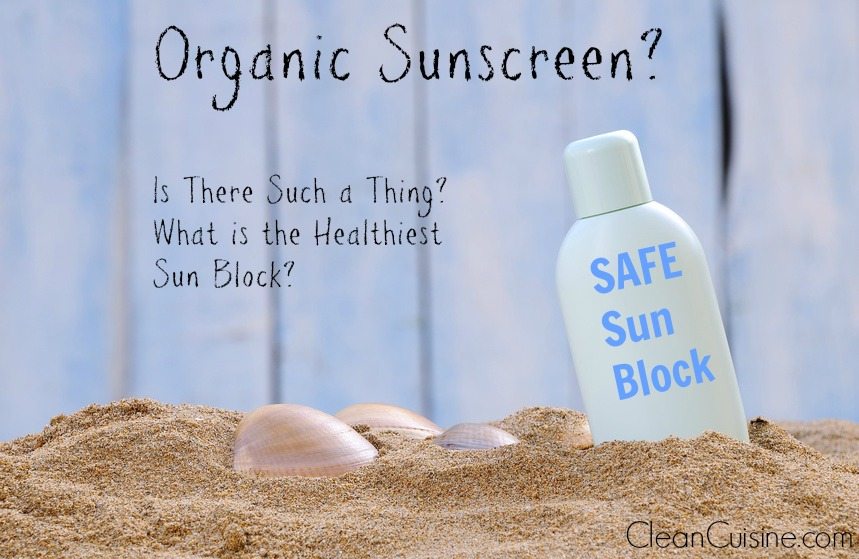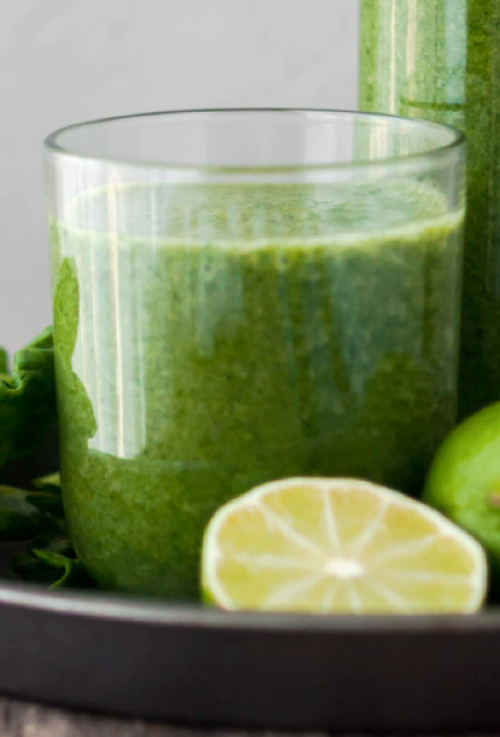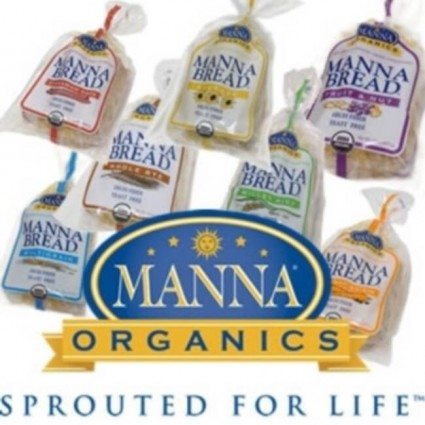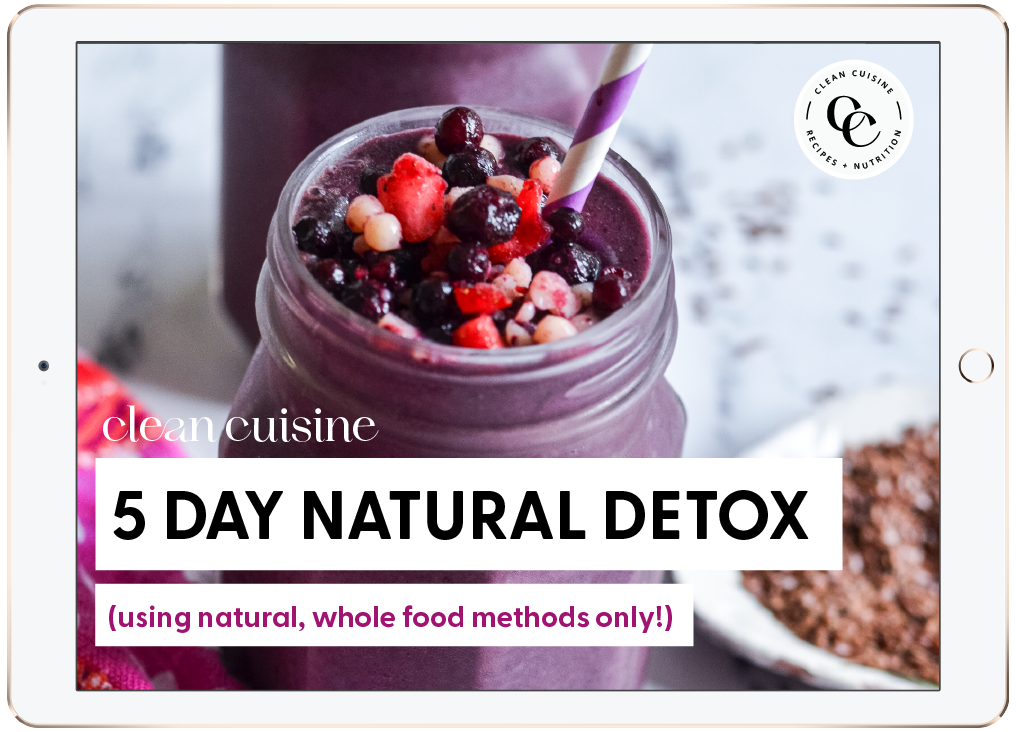 The arrival of Memorial Day means summer has arrived and the heat is on to find the healthiest and best organic sunscreen. Since your skin is your largest organ and everything you put on it seeps in, if you bother to eat clean you might as well bother to clean up your sunblock too.
The arrival of Memorial Day means summer has arrived and the heat is on to find the healthiest and best organic sunscreen. Since your skin is your largest organ and everything you put on it seeps in, if you bother to eat clean you might as well bother to clean up your sunblock too.
As you probably surmised from reading the article my husband, Andy, recently wrote giving a physician’s view on the research behind food as a sunscreen alternative for moderate sun exposure, you can probably already guess he is not a big fan of slathering sunscreen on his face or body on a day to day basis (he’d rather eat a few more carrots or have a green smoothie for internal sun protection.) However, in addition to eating sun-protecting fruits, veggies, green drinks, omega-3’s, cocoa nibs and sipping my “Sun-Protecting Carrot Cake Smoothie” even Andy believes wearing sunscreen is a good idea if you are going to be out in the sun for an extended period of time. I agree.
I am almost 40 years old and I grew up in super sunny south Florida so I have absolutely had my fair share of sun exposure over the years and I really do want to try and keep any further sun-induced skin aging to a bare minimum. I’ll admit I am not a beauty expert though (and neither is hubby!), so I’m not necessarily always “in the know” on the latest and greatest products for my skin, hair and nails. I was going to try and research organic sunscreen and how to choose the best sunscreens myself but since I have a dear friend, Chase Polan, who is a real beauty expert and the founder of the 2014 Green Product Company of the Year,Kypris Skincare Line, I decided to ask her advice on how to choose the best organic sunscreen. I was blown away with the depth of her knowledge —it was so extensive that I decided to divide her article into two.
This one deals specifically with organic sunscreen while her follow up article walks you through the complicated world of how to choose the best sunscreen depending on what you’ll be doing and how long you will be in the sun (it’s more complicated than just choosing a higher SPF.)
Organic Sunscreen?

Chase Polan, Founder of Kypris Skincare
By Chase Polan – KYPRISbeauty.com
If you are like many people searching for a USDA Certified Organic Sunscreen, you are unfortunately hunting for the unicorn of the sun protection industry. Organic sunscreen, like “chemical free” anything is a myth.
At present, for a product to truly be USDA certified “Organic,” all of its ingredients must be of food grade organic quality. They must literally be edible. I have searched high and low and there still aren’t any edible ingredients that could be considered by lab standards a sunblock. Shea butter is known to have sun protective qualities, however its efficacy pales in comparison to titanium dioxide and zinc oxide, which no one should ever eat.
In Europe, there is a certification which is fortunately spreading to the United States called Eco Cert. This form of certification is much more akin to the realities of formulating a fantastic beauty product. Not all ingredients must be edible, but they must be organically grown. (This makes MUCH more sense for skin care.) There is ECOCERT Organic and ECOCERT Natural both of which are great standards you can trust. ECOCERT from Europe has certified organic sunscreens by Lovea.
The Best Sunscreens Are Not Always Chemical Free
When looking for a sunscreen, just know that there really isn’t any such thing as a chemical free product and that’s ok. There are oodles of products out there parading around calling themselves natural and chemical free. Natural? Maybe. Chemical free? Not in this life. If something calls itself chemical free, just know you’re being lied to. Water. Good ole H2O is scientifically speaking a chemical. (Di-hyrdrogen-monoxide in case you were wondering.) In truth, we want to avoid toxins, not chemicals. The first list below is a great guideline on what to exclude from your sun care regimen.
Ingredients to Avoid:
- OMC (octyl methoxycinnamate)
- Octocrylene
- Avobenzone
- Oxybenzone
- Homosalate
- Octinoxatre
- Octisalate
- Micronized and Nano Zinc Oxide and Titanium Dioxide
Ingredients we LOVE:
- Coconut Oil
- Shea Butter
- Aloe Vera Gel
- Sunflower Oil
- Jojoba Oil
- Eucalyptus Oil
- Green Tea
- Vitamins D and E
Read Chase’s guide to the best and safest sunscreen and how to pick the one that’s right for you.
And, if you want a delicious way to boost your internal sun protection, try sipping on this “Sun-Protecting Carrot Cake Smoothie” recipe!









What You Need to Know About Wearing Sunscreen | Nutritionally Yours Test Kits
Thursday 6th of July 2017
[…] REFERENCES: https://cleancuisine.com/organic-sunscreen-myth/ […]